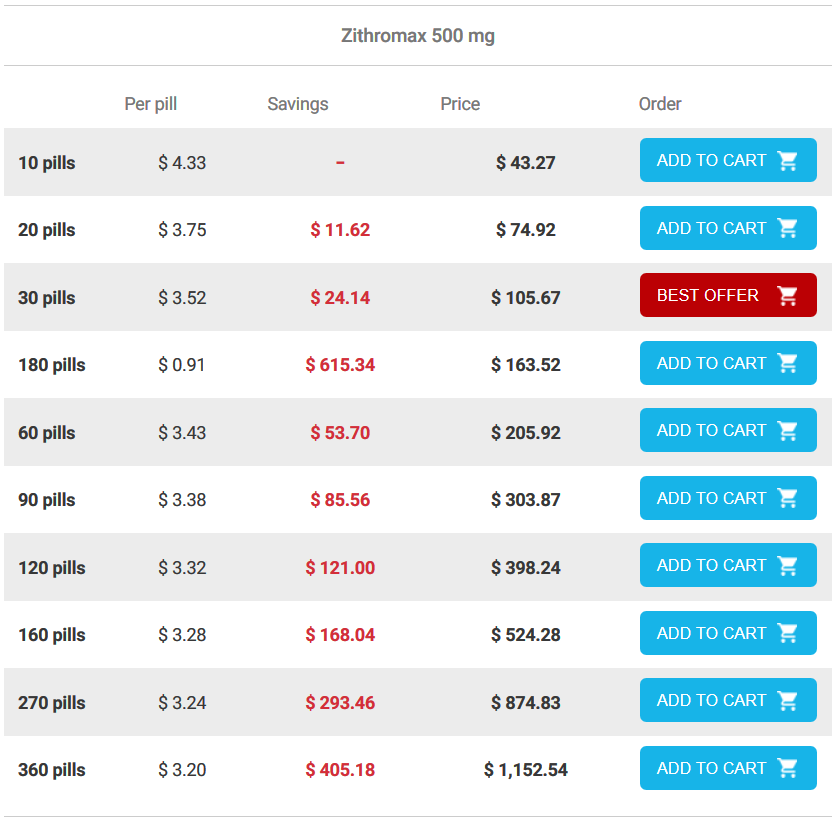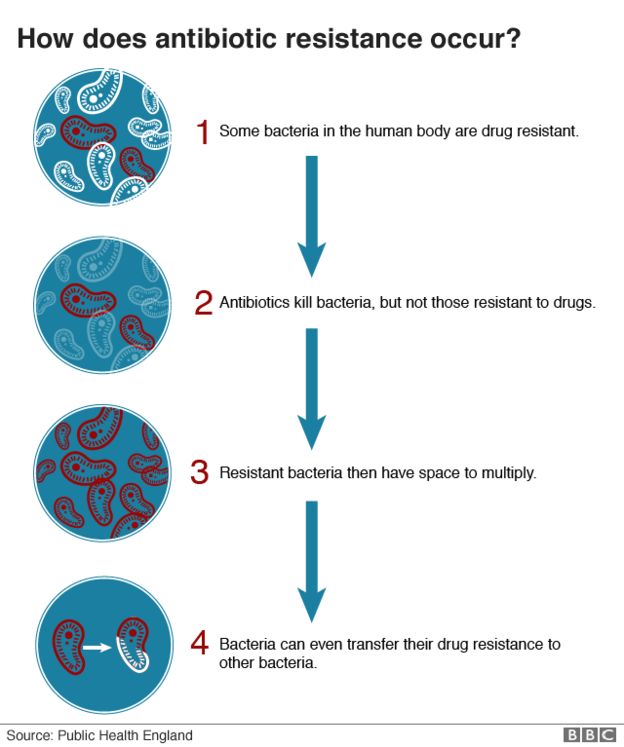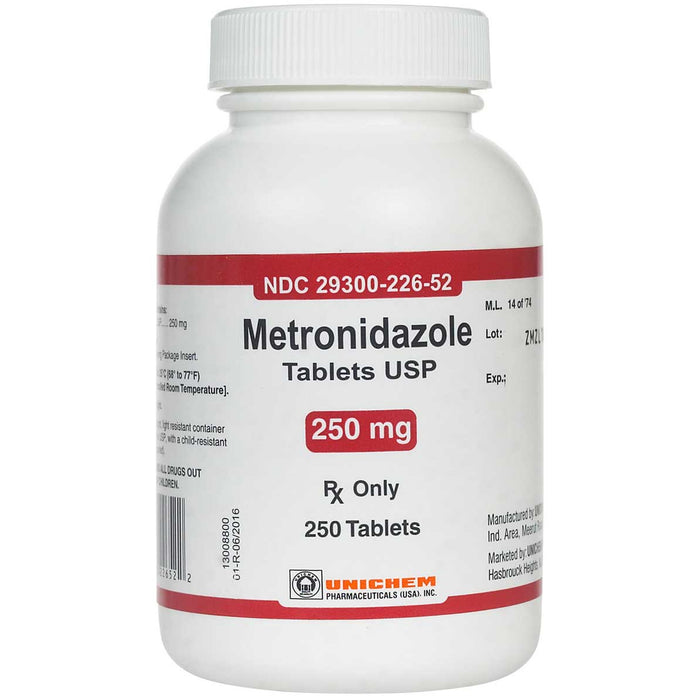AntiBacterial drugs are probably one of the largest medical groups. This includes medicines with various chemical function and origin. The general fact is that all antibiotics stop bacterial growth and reproduction.
In the forest, there are thousands of different bacteria, but they are not dangerous for human body. Hundreds of bacteria live on the body and do not damage the skin on the skin. They do their work and protect the body from access to pathogenic microorganisms. And if bacteria enter the body or in the pathogenic process then changes in their own bacterial levels, then the infectious-inflammatory process begins.
Antibiotic therapy is the only way to stop the development of safe and rapid infectious inflammation and destroy pathogens. The complexity of antibiotics is that they both kill pathogenic bacteria and beneficial bacteria, and therefore the doctors should give them a note of all the targets.
Another problem is that each group of antibiotics has its own medicinal properties and they can not function on all bacteria. There are broad-action medicines which block the activities of many types of bacteria and are drugs of narrow works that target 1-2 organisms. Therefore it is always hard to choose the necessary antibiotic.
A doctor will help you to choose and quickly write the necessary medication. But consulting a doctor is not always possible. If the infectious process begins, antibiotics should be used as early as possible. A complete medical examination and a medication is issued after consultation. Itamtekweicorso The only way to buy antibiotics is to buy it online at the pharmacy.
Buying antibiotic online offers free advice to the pharmacist. If you have questions, the pharmacist will listen to you and help you choose a working and safe drug. After 10-15 minutes you will find high-quality antibiotics for yourself or your family without a prescription.
No need to buy online antibiotics, no medication. Ordering is easy and understandable for everyone so that any client can purchase antibiotics online quickly. If you decide to order medicines from an online pharmacy, you will be surprised at the selection of antibiotics. You will find many medicines including antibacterial effects: citromax, amoxicillin, metronidazole, cipro, bacterem, agamintin, docsicicylen, and many others. All of these medicines are of various medical groups, and therefore if a patient has antibiotic allergy or intolerance, then she can choose another medication.

By staying away from the sales distributors, each distributor is distributed to the pharmacy warehouse from the authorized distributors. So, most antibiotics are cheaper. Anyone with any income level can buy antibiotic in the online pharmacy. This is the main purpose of the internet market.
azithromycin over the counter, azithromycin online india, azithromycin 1000mg, azithromycin price, azithromycin online, buy azithromycin amazon, azithromycin ebay, azithromycin uk
Written by Jack Straw at 8 June 2024










